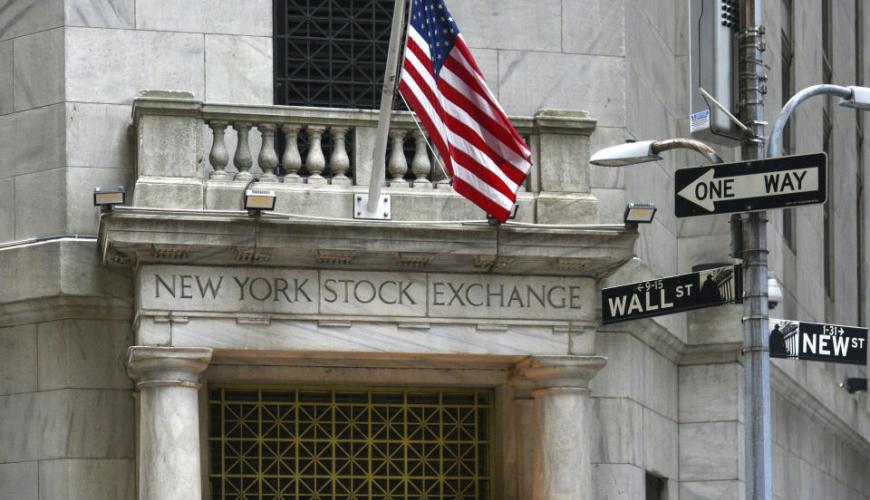Signs of Market Resilience Evident Amid Sharp Stock Sell-off
- 15 February 2024 2:01 AM

The stock market witnessed one of its most challenging days in 2024 on Tuesday, triggered by concerns surrounding a hotter-than-anticipated inflation report. Yet, despite a steep drop, characterized by Dow (^DJI) shedding over 500 points and the S&P 500 (^GSPC) declining approximately 1.4%, Wall Street strategists noticed evidence of market resilience, especially considering the recent record-breaking market performance.
Baird market strategist Michael Antonelli remarked that since January, the market trajectory has essentially soared uninterrupted. Consequently, a pullback of this nature was expected. "The scale of today's move was indeed startling," Antonelli concluded, "indicating that investors were prepared to sell."
Interestingly, however, investors also revealed readiness to buy the dip, demonstrating that the unexpected inflation data did not plunge stocks into an uncontrollable spiral. The S&P 500 managed to evade a 2% daily decrease, a trend unseen since February 2023. Similarly, Russell 2000 (^RUT) maintained its position above its 50-day moving average. According to Jay Woods, CMT chief global strategist, this underlines the overall resilience within the market.
Fundstrat's head of research, Tom Lee, also adheres to this positive interpretation of Tuesday's market dynamics. In his communication with clients post the sell-off, he emphasized that it would be premature to declare a market peak for Q1 2024. He opined that Tuesday's development manifested more like an instance of "profit-taking" as recent gains were adjusted.
Following the inflation report, Austan Goolsbee, the Chicago Fed President, mellowed inflation fears by asserting the continuity of the existing lower trend in inflation. During a Q&A session at the Council on Foreign Relations, he advised against overreacting to a single month's CPI exceeding anticipations, reassuring that inflation is indeed declining.
Neil Dutta, the head of economics at Renaissance Macro Research, suggested that the inflation announcement instigated broader tremors in market sentiments than the Fed's position. This sentiment is reflected in altering speculations about the timeline for the Fed's potential interest rate cuts.
According to the CME FedWatch Tool, the probability of the Fed reducing rates by May's meeting has plummeted from a month ago, from a 100% certainty to a mere 37%. Meanwhile, Bloomberg's data shows that investors now anticipate approximately four rate cuts this year, compared to the six predicted following the December Fed meeting.
Dutta maintains his optimism about the underlying market story and resists discounting the possibility of a May rate cut. "It would be imprudent to disregard a May cut," he said. He reckons that while inflation might persist for a month or two, market dynamics favoring a soft landing will likely re-establish thereafter.
Truist co-CIO Keith Lerner concurs that despite Tuesday's turbulence, market thematic hasn't fundamentally shifted. He argues that while inflation could be a hurdle, better-than-expected earnings and robust economic growth signal promise.
As a lesson from Tuesday's sell-off, investors are advised to brace for a rough path to lower interest rates and potential soft landing due to market volatility. "We are witnessing a minor reality check following a prolonged strength period," he stated, foreseeing continued market fluctuations due to the intricate dance between a burgeoning economy, inflation, and Fed policy.
